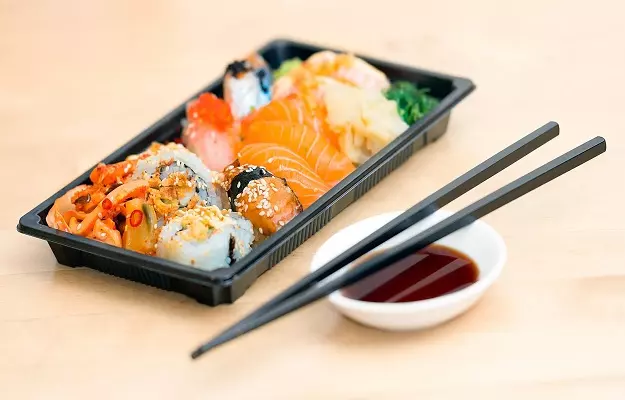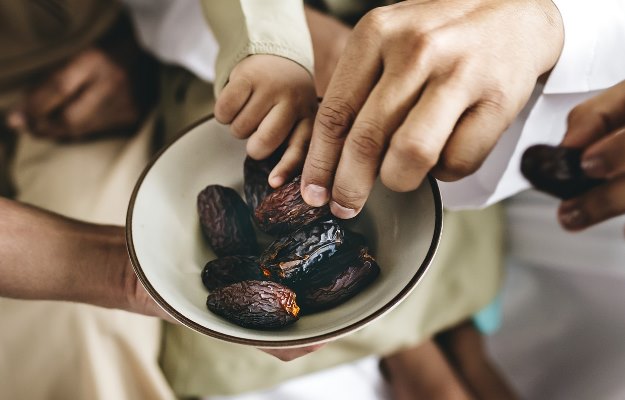A healthy diet plays a vital role during pregnancy. This is because the mother needs ample nutrition to boost her immune system and strength during gestation, and the baby growing in her uterus draws sustenance from her. Including fish in this diet as a source of protein, omega-3 fatty acids and vitamin D is usually recommended.
However, if you are worried about having fish during pregnancy - because you have heard that it negatively impacts the health of both mother and child - here’s what you need to know. Pregnant women are sometimes advised to not eat fish during pregnancy for the fear of mercury poisoning, salmonella contamination and allergic reactions.
It’s important to understand that while all fish have trace amounts of mercury, there are some that have a very high mercury content. While avoiding these fish is a good idea, you might want to continue eating the others during pregnancy.
Raw and undercooked fish should also be avoided by pregnant women to keep salmonella contamination and listeriosis at bay. However, women who are generally allergic to fish, especially shellfish varieties like crab and lobster, should not have it during pregnancy either.

































